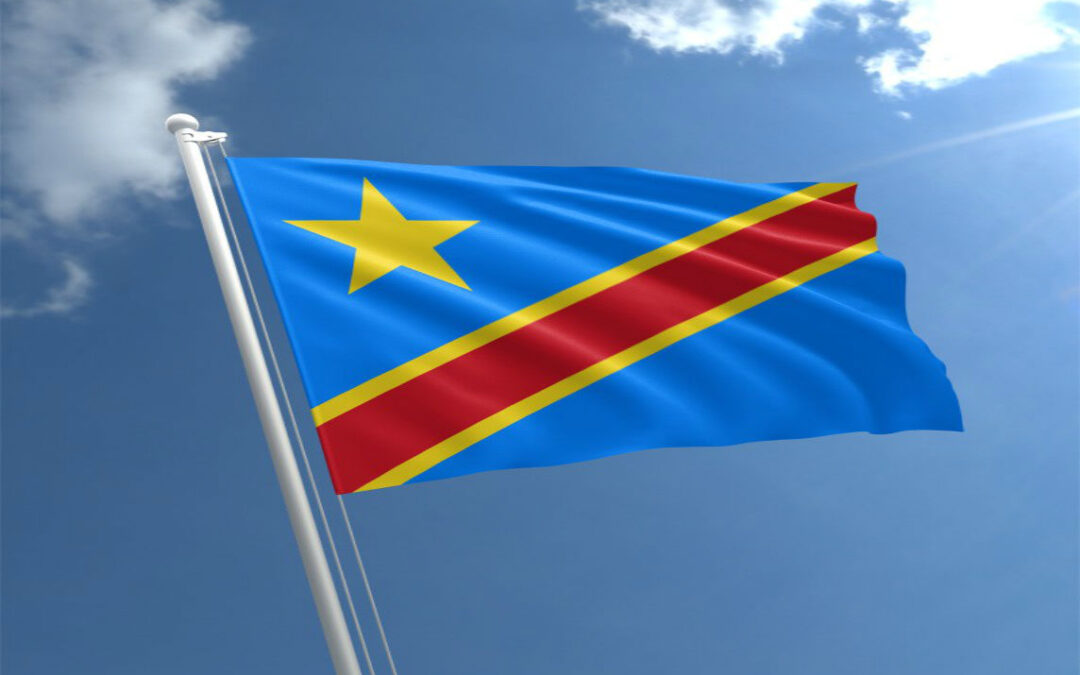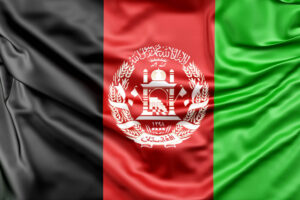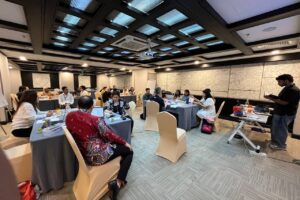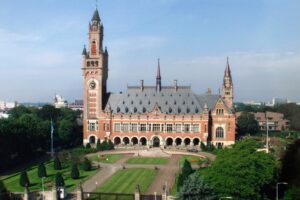
Dec 1, 2008 | Advocacy, Non-legal submissions
The ICJ urges all parties to the armed conflict in the East of the DRC to protect civilians from human rights and international humanitarian law violations, including from rape.
The Government is responsible for upholding the principle of command responsibility and accountability for abuses, which requires the operation of independent and ordinary courts and tribunals and bolstering the cooperation with the International Criminal Court.
Democratic Republic of Congo-ICJ Intervention on the Situation of Human Rights-non-legal submission-2008 (full text, PDF)

Aug 15, 2008
The absence of an operational judicial system in the Northern part of the country is the most worrying issue in Côte d’Ivoire since the political and military crisis in 2002 led to a de facto control of this area by the rebels.

Aug 15, 2008
In Uganda, the administration of justice lacks both human and financial resources to enable it to function properly.
The judiciary is generally independent, although it is constantly subjected to attacks from the executive. In addition, corruption within the judiciary is rampant and widespread and damages its public perception.
In an effort to combat this, accountability mechanisms have been set up to enhance judicial integrity. Advocates’ freedom of expression has been restricted and access to justice remains limited. Counter-terrorism legislation has undermined respect for the right to a fair trial.
Uganda-Attacks on Justice-Publication-2008 (full text, PDF)

Aug 15, 2008
The independence of the judiciary continues to be undermined by the executive and police officials in Swaziland.
In November 2002, the rule of law experienced a major crisis due to the Government’s refusal to recognize court rulings.
Court of Appeal judges resumed work only two years later, in November 2004, thereby providing hope that the crisis would be overcome. However, despite the drafting of a new constitution, the absence of a separation of powers (which is being monopolized by the King and his councillors), combined with impunity and a failure to conduct investigations or provide access to justice, has led to the rule of law being severely undermined.
A new Constitution, which had been in the process of being drafted since 1996, was finally adopted in July 2005.
Swaziland-Attacks on Justice-Publication-2008 (full text, PDF)

Aug 15, 2008
Nigeria’s justice system is making a slow recovery from the effects of about fifteen years of military rule, and many problems remain.









